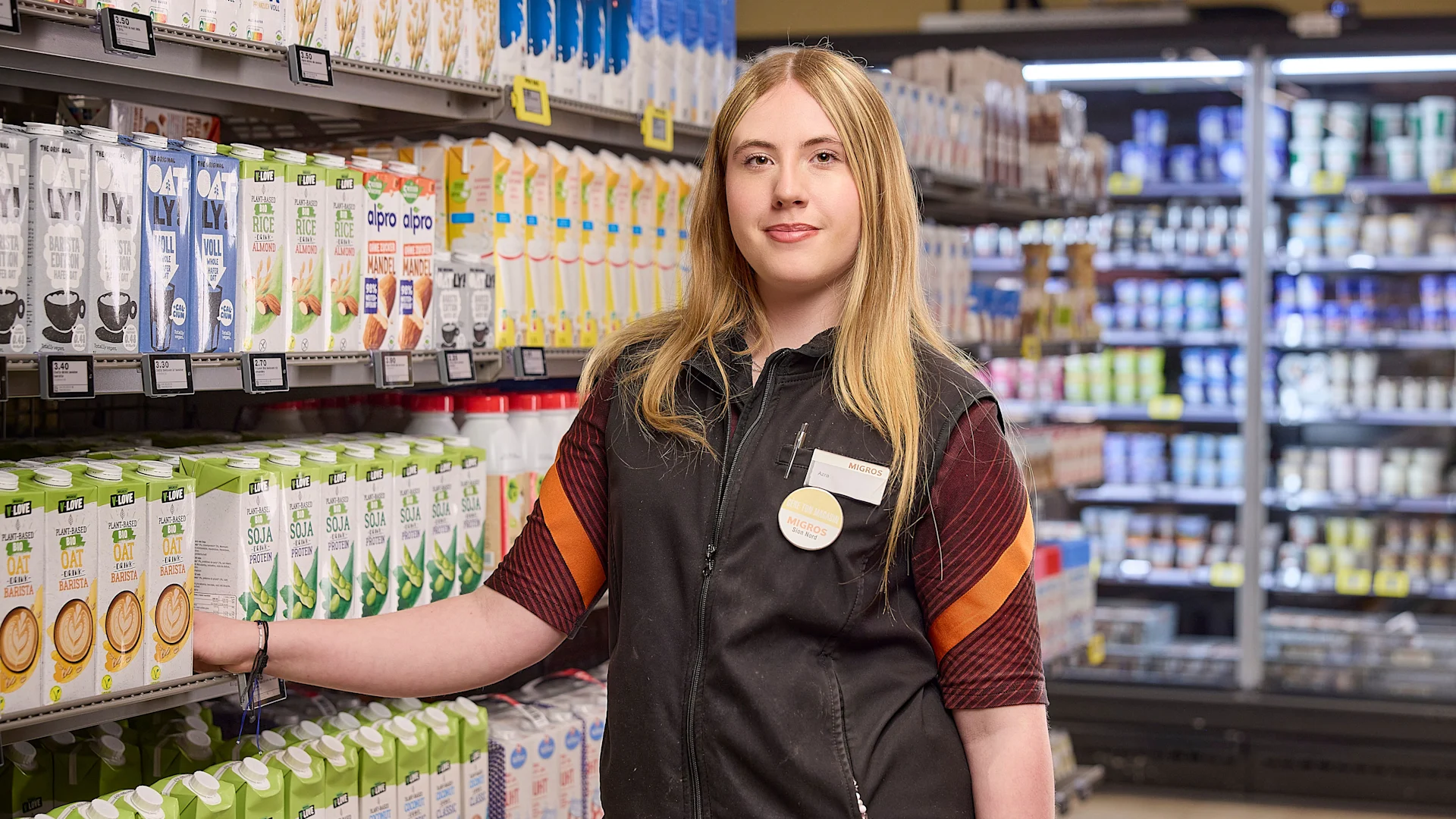
Apprentices given management tasks
Apprentices ran a Migros store in Sion by themselves. We find out what they learned from the experience.
navigation

Supermarket
Demand for eggs is currently outstripping supply. Why is this, and how is Migros responding to this bottleneck?
In 2024, demand for eggs rose by about 10%, while that for fresh Swiss free-range eggs increased by even more. Supply simply can't keep pace with this demand.
Nobody knows for sure. One reason could be that eggs are the cheapest source of protein and appeal to price-conscious customers. This would explain the current consumer situation. The phenomenon isn't unique to Migros, but can be observed worldwide.
More eggs means more laying hens. That would require more producers to be found and more chicken coops to be built, which is neither possible in the short term nor sensible. After all, demand drops significantly after sales peaks like Easter.
To meet some of the increased demand, Migros has to import additional eggs from other European countries. Nevertheless, there are limits to these imports, since an increased in the demand for eggs can also be observed elsewhere in Europe.
Most importers comply with the KAT association's minimum standard for controlled alternative animal husbandry, which governs the different types of husbandry - such as organic, free-range and barn rearing - and also prohibits beak trimming, for example. This makes the standard comparable to Swiss animal welfare legislation.
At present, there are just about enough organic Swiss eggs. However, the situation could gradually become critical here too. That's because customers will look for alternatives when all other Swiss eggs are unavailable. Unfortunately, here too there is little scope for increasing egg production.
Migros will do everything it can to have enough eggs on its shelves for Easter. However, the proportion of imported eggs will be significantly higher than it was in other years.
Discover exciting stories about all aspects of Migros, our commitment and the people behind it. We also provide practical advice for everyday life.